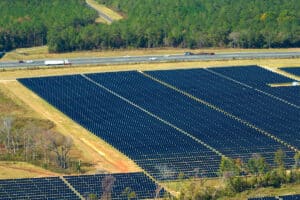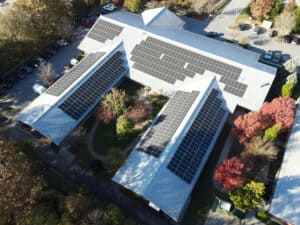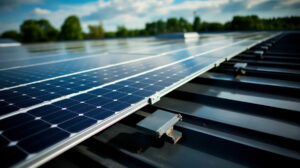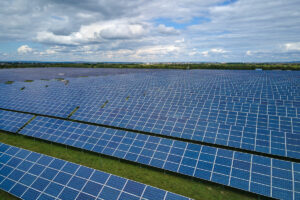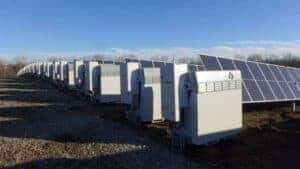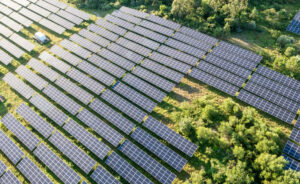The United States have been making large strides to become more energy efficient and protect the environment on both a local, national, and worldwide level. As these changes occur, other countries are seeing some pretty miraculous results as well.
We have already discussed what France is currently doing as a global leader when it comes to their commitment to adopting solar and now we have a pretty unique story that has come out of Germany in recent weeks!
Summary
Germany hit a new high in renewable energy generation on Sunday May 8th.
Thanks to a sunny and windy day, at one point around 1pm local time, the country’s solar, wind, hydro and biomass plants were supplying about 55GW of the 63GW being consumed which came to 87%.
Power prices actually went negative for several hours which led to commercial customers getting paid to consume electricity. As crazy as that does sound, it happened and could be something they experience much more often heading into the future.
Last year the average renewable mix was 33%, reports Agora Energiewende, a German clean energy think tank. New wind power coming online should push that even higher.
Each year, Germany has had a greater share of renewable energy. The power system has adapted to their new changes nicely. Sunday, May 8th, was an example that a system with large amounts of renewable energy works fine.
Critics have argued that because of the daily peaks and troughs of renewable energy, as the sun goes in and out and winds rise and fall, it will always have only a niche role in supplying power to major economies.
But that’s looking less and less likely. Germany plans to hit 100% renewable energy by 2050, and Denmark’s wind turbines already at some points generate more electricity than the country consumes, exporting the surplus to Germany, Norway, and Sweden.

